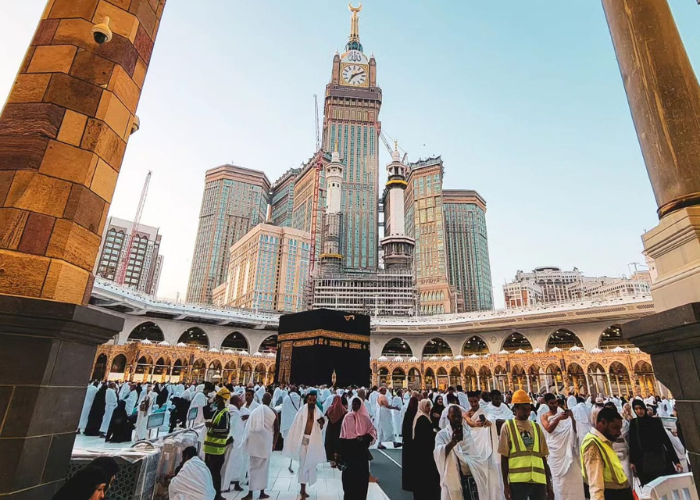
The significance of Mecca to Muslims is profound and multifaceted. It is not simply a city in Saudi Arabia; however, it holds respected fame in some of the worldwide Muslim networks for diverse, compelling reasons.
Firstly, Mecca is the birthplace of the Prophet Muhammad (Peace Be Upon Him), considered Allah’s final messenger in Islam. His task as the “Seal of the Prophets” turned into delivering the message of Allah to humanity. The revelation of the Quran and the status quo of Islamic teachings started in Mecca, marking it as the epicenter of Islamic history and spirituality.
Moreover, Mecca is the online website where the Prophet Muhammad obtained the first divine revelations of the Quran. This pivotal event occurred inside the Cave of Hira, located inside the hills surrounding Mecca. It marked the initiation of the Quranic revelation, which serves as the foundational spiritual textual content for Muslims internationally.
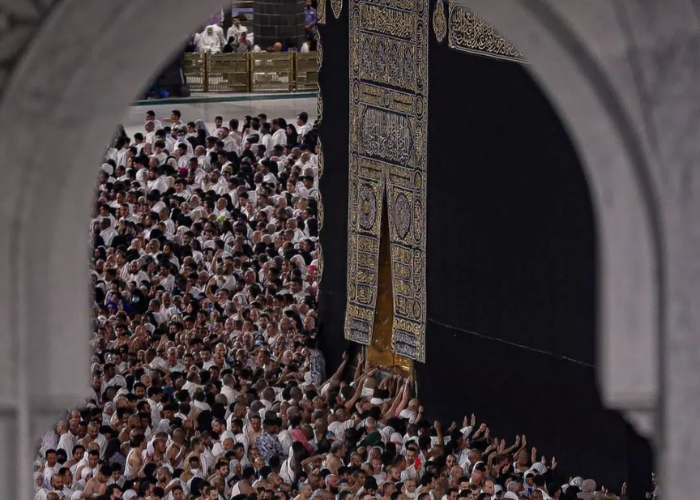
At the coronary heart of Mecca lies the Kaaba, housed within the Masjid Al-Haram (the Grand Mosque). The Kaaba, respected as the “House of Allah,” is the focus of Muslim prayer, referred to as the Qibla. Muslims from all corners of the globe face the Kaaba for the duration of their everyday prayers, symbolizing unity and religious connection. Its history is deeply intertwined with the monotheistic legacy, as it was constructed by using the Prophet Ibrahim (AS) and his son, Isma’il (AS), as a sanctuary committed to the worship of the creator of the universe.
In essence, Mecca’s importance to Muslims transcends geographical limitations. It symbolizes spiritual solidarity, ancient background, and divine revelation, preserving a sacred place inside the hearts and minds of over 1.Nine billion Muslims worldwide.
Hajj and Umrah Pilgrimage
The town of Mecca, also known as Makkah, holds profound significance in Islam, specifically as the vacation spot for two pivotal pilgrimages: Hajj and Umrah tour. Hajj, one of the Five Pillars of Islam, is obligatory for each Muslim who fulfills the necessary situations, requiring them to undertake the prescribed rituals at a minimum once in their lifetime.
These rituals, which include circumambulating the Kaaba and standing on the plain of Arafat, are vital additives of the pilgrimage and are carried out in and around the sacred precincts of Mecca. In contrast, Umrah is an advocated non-compulsory pilgrimage that shares comparable rituals with Hajj, allowing Muslims to specify their devotion and humility even as drawing toward Allah (SWT).
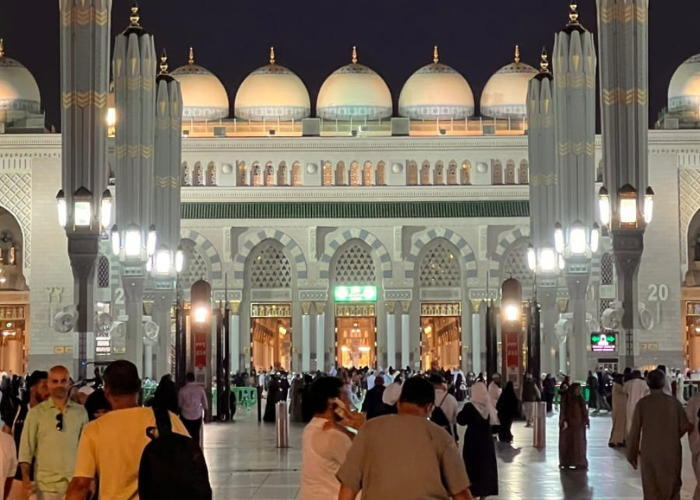
The name “Mecca” transcends its geographical connection with the holy town in Saudi Arabia and has obtained broader significance in the Western lifestyle. It symbolizes a place of sizeable religious importance and is a metaphor for any focal factor or vacation spot of exceptional importance. Consequently, the question of why Mecca holds such significance is regularly contemplated by Muslims and non-Muslims alike.
In Western contexts, “Mecca” signifies a region of ideal significance, reflecting the profound impact of the Islamic holy metropolis’s nonsecular and historical legacy on international focus. This version underscores its role as a gathering region where people converge for a shared purpose or aspiration, harking back to the tens of millions of Muslims annually gathering in Mecca for spiritual pilgrimage.
While “Mecca” is employed extra widely to awaken a feeling of sanctuary or refuge, its number one and most sacred association remains with the Islamic holy metropolis. There, the Kaaba stands because the central vicinity of worship attracts hundreds of thousands of pilgrims each year who converge to satisfy their spiritual duties.
Where is Mecca placed?
Geographically, Mecca is located in the western vicinity of Saudi Arabia, along the coast of the Red Sea, approximately 70 kilometers from the port town of Jeddah. Nestled inside a valley and surrounded by the vast expanse of the wilderness, Mecca possesses a unique geographical and religious person.
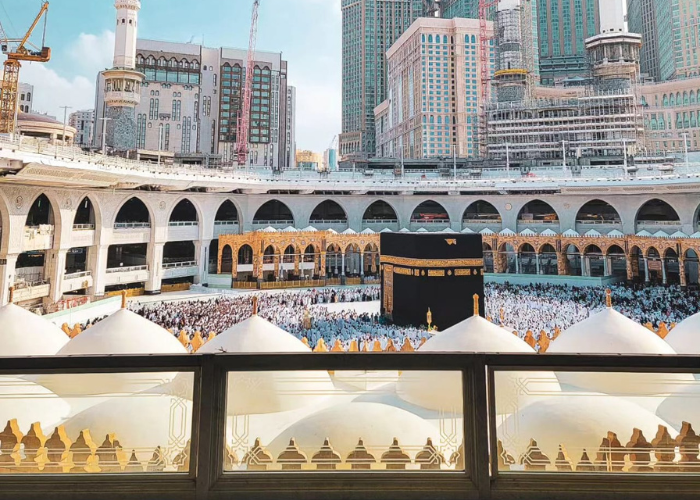
Why do Muslims go to Mecca?
Muslims adopt the pilgrimage to Mecca as part of Hajj tour to satisfy their nonsecular duty and are trying to find forgiveness, purification, and nonsecular elevation. This journey serves as a method for Muslims to reinforce their connection with Allah and reaffirm their faith, underscoring the profound importance of Mecca in the lives of Muslims worldwide.
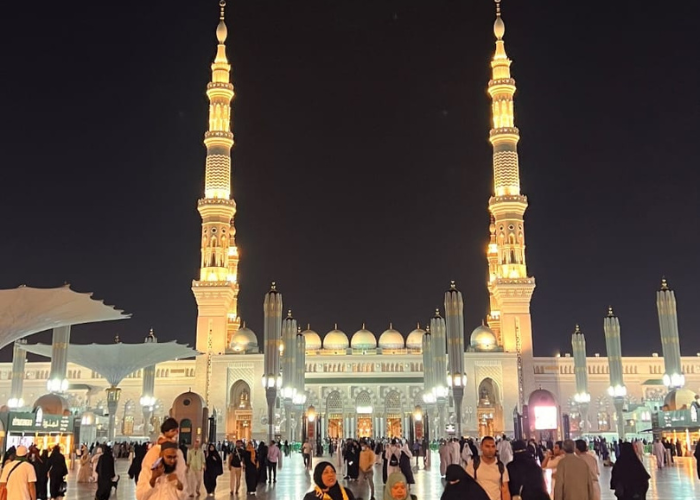
The exercise of Muslims praying closer to Mecca holds deep, non secular significance rooted in the birthplace of Islam. Central to this practice is the Kaaba, situated inside the Masjid al-Haram in Mecca. It became the Prophet Muhammad PBUH who, below divine steering, particularly this course for prayer, established a lifestyle that unites Muslims internationally in their worship of Allah.
Why do Muslims pray closer to the Kaaba?
Praying towards Mecca symbolizes the harmony of the Muslim ummah, emphasizing the precept of tawhid, or the oneness of God. It reinforces the perception that irrespective of geographical region, Muslims are interconnected through their shared faith and devotion to the author of the universe.
In Western contexts, Islam is identified as an Abrahamic faith, and the significance of the Hajj pilgrimage is deeply intertwined with the legacy of Prophet Ibrahim (AS) and his son Isma’il (AS). According to Islamic tradition, both prophets have been advised by Allah (SWT) to construct the Kaaba, which now stands as the focus of the Masjid al-Haram in Mecca. This act turned into intended to confirm the oneness of Allah and underscore his regular sovereignty.
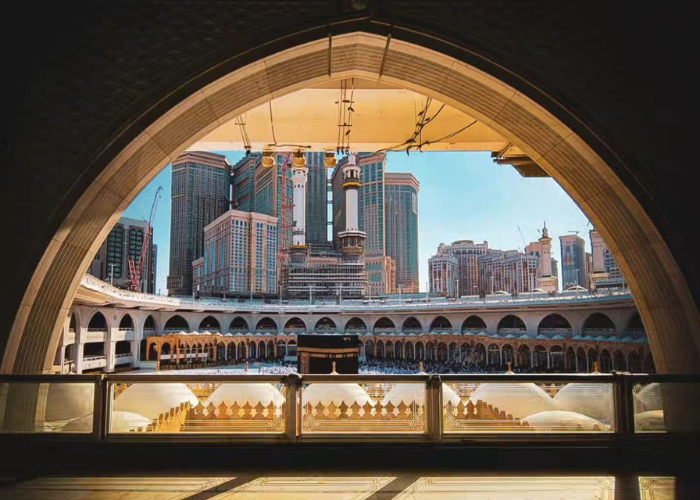
Hajj in Islam stems from this divine command, commemorating the pains that Prophet Ibrahim (AS) and his circle of relatives faced. The rituals carried out during the Hajj, such as circumambulating the Kaaba and standing at the horizon of Arafat, symbolically reenact events related to the prophets.
Hajj isn’t always merely a chain of rites; it is a journey deeply rooted in the shared history of the Abrahamic prophets. It is designed to strengthen the believers’ connection with Allah (SWT) and purify their souls.
Why Hajj is crucial for Muslims in Islam
Hajj is compulsory for each financially and bodily capable Muslim who meets particular conditions. By projecting this pilgrimage, Muslims seek forgiveness for sins and reaffirm their commitment to the monotheistic message of their forefathers. Additionally, it fosters a profound feeling of brotherhood and equality among believers.
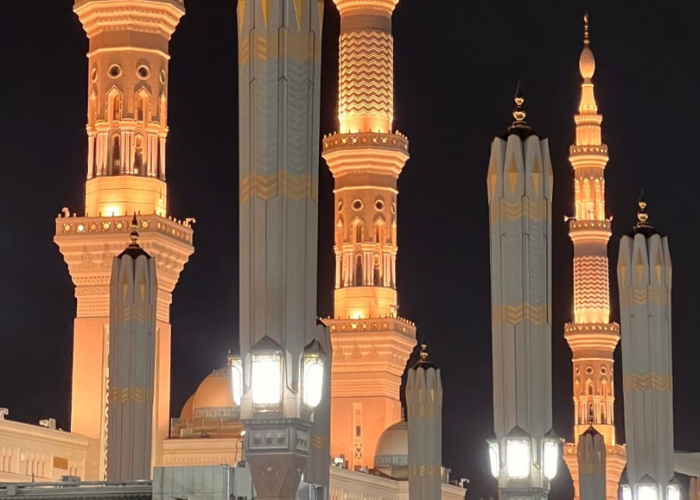
Similarly, even as Umrah is not obligatory, its significance cannot be understated. It remains one of the most sacred trips undertaken by Muslims, emphasizing their devotion and dedication to their faith.
Facts about Mecca
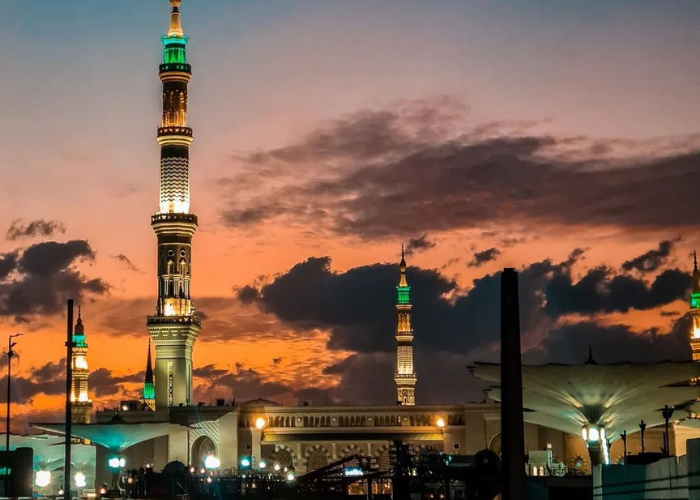
Here are a few interesting facts about Mecca that could interest the ones planning to embark on an adventure to Saudi Arabia for Hajj or Umrah inside the destiny:
- Annual Kaaba Kiswah Replacement: The masking of the Kaaba, referred to as the kiswah, is meticulously crafted from black silk and decorated with complex gold embroidery. What’s fascinating is that it undergoes substitute on an annual basis, showcasing the reverence and meticulous care with which this sacred shape is maintained.
- Exclusive Access to the Kaaba: While the public cannot input the Kaaba, a pick few people keys indoors. The Thitrivilege of starting and coming into the Kaaba is reserved for these keyholders, common individuals of the Bani Shaybah’s own family, who have been entrusted with this responsibility for generations.
- Kissing the Black Stone: Embedded inside the Japanese nook of the Kaaba, the Black Stone, also known as the Hajar al-Aswad, holds excellent sanctity. Pilgrims enjoy their Hajj and Umrah duties, often seeking to kiss or touch the stone as an image of purification. Interestingly, the stone was not usually black; it’s miles believed to have originally been white. However, through the years and numerous activities, along with exposure to the sins of humankind, it received its current black hue.
Moving directly to the significance of Medina in Islam:
Medina, Islam’s 2nd central holy town, bears profound ancient and non secular significance. In Medina, the Prophet Muhammad (SAW) observed haven during a crucial length in Islamic history. His migration to Medina, known as the Hijrah, marked the inception of the Islamic calendar. The metropolis has become the cradle of Islamic governance and ethics, the birthplace of the first Muslim network.
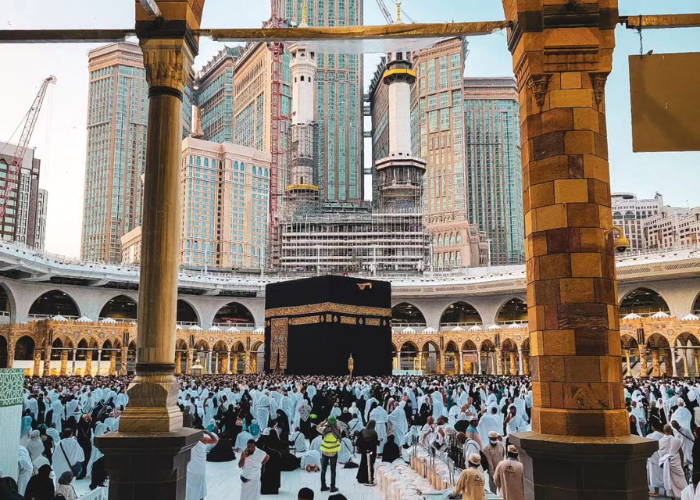
Today, Medina is graced by means of the esteemed Al-Masjid An-Nabawi, the second holiest mosque in Islam. This mosque encompasses the Prophet’s final resting place and draws thousands and thousands of Umrah or Hajj pilgrims and visitors who come to offer their respects.
Furthermore, in Mecca, aside from the Kaaba and Masjid al-Haram, numerous different holy websites hold significance:
- The Mountains Surrounding Mecca: The hills and mountains surrounding Mecca, including Jabal Al-Noor, bring tremendous significance. It is inside these mountains that the Cave of Hira is nestled, wherein the Prophet Muhammad obtained the primary revelations of the Quran.
- The vicinity surrounding the Kaaba: Bears a tremendous marker believed to indicate where the Prophet Ibrahim (AS) stood while constructing the sacred shape. This revered location is a focal point for millions of pilgrims who offer prayers and seek forgiveness.
In Makkah lies the Al Muallaa Cemetery, serving as the last resting region for several esteemed participants of Prophet Muhammad’s (SAW) circle of relatives. Among the ones interred right here are the Prophet’s spouse, Khadijah bint Khuwaylid (AS), and his cherished uncle, Abu Talib.
Apart from the number one spiritual site in Makkah, several other points of interest anticipate exploration as soon as religious obligations have been fulfilled:
The Exhibition of the Two Holy Mosques Architecture in Mecca gives an insightful glimpse into the architectural elegance of Islam’s sacred sites, Masjid Al Haram in Makkah and Al Masjid Al Nabawi in Madinah. Visitors can be surprised by these mosques’ complex designs, engineering feats, and ancient importance, tracing their evolution from humble beginnings to modern-day marvels accommodating hundreds of thousands of worshippers.
Nestled inside the iconic Abraj Al Bait Towers, the Clock Tower Museum gives a complete journey via Makkah’s records and cultural importance. It explores the metropolis’s transformation from a historical center to a bustling cosmopolitan hub, focusing on the development of the Grand Mosque and its environs. The museum’s famous offers an academic and enlightening enjoy, shedding light on Makkah’s pivotal role within the Islamic world and its evolution over the years.
Bottom Line
In summary, Makkah’s significance in Islam is exceptional. As the birthplace of the very last messenger of Allah, Prophet Muhammad SAW, and home to the sacred Kaaba, it holds a relevant location within the hearts of Muslims worldwide. The annual Hajj pilgrimage underscores subject matters of cohesion, equality, and spiritual renewal. With this expertise of Makkah’s importance, remember to book your adventure to Saudi Arabia to perform Hajj 2024 or Umrah 2024 with our notable programs. May Allah SWT open the doorways of advantages for each of you.
